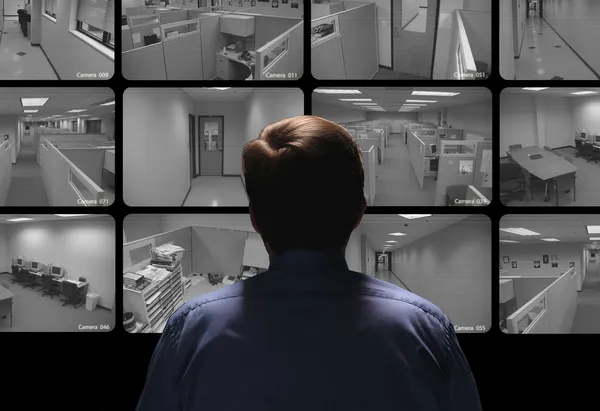Bossware: What Is It? Advantages and Drawbacks of Employee Monitoring

In today’s fast-paced and ever-changing business landscape, employers are increasingly turning to technology to monitor their employees. This monitoring can take many forms, including computer monitoring systems that track keystrokes and web browsing activity, as well as tools that measure productivity and track indicators of workplace stress. This practice is known as employee monitoring or bossware. It is controversial and raises questions about employee privacy, autonomy, and trust. while some employers see it as a necessary tool for protecting their business. On the other hand, some view it as a form of surveillance that undermines employee morale and well-being.
In this article, we will explore the advantages and drawbacks of employee monitoring as well as alternative approaches that employers can consider to build a more positive workplace culture.
What is Bossware?
Bossware refers to any software or system that is used to monitor employee behavior in the workplace. Employers who use bossware are monitoring them to ensure they are meeting their responsibilities and to identify any potential security threats or data breaches. This can include computer monitoring systems that track keystrokes, website visits, and email activity, as well as physical monitoring tools like cameras and GPS tracking devices. The goal of bossware is to ensure that employees are working efficiently and are not engaging in any behavior that could harm the company.
Advantages of Employee Monitoring
There are several potential advantages to using bossware in the workplace. It can help prevent data breaches and cyberattacks by detecting suspicious activity on company computers. Monitoring can also help prevent employees from engaging in time-wasting activities like browsing social media or shopping online. Additionally, bossware can be useful for tracking employee productivity and identifying areas where employees may need additional support or training.
Drawbacks of employee monitoring
Despite these potential benefits, there are also several drawbacks to using bossware. For one, it can create a culture of distrust between employers and employees. When employees feel like they are constantly being watched, they may become anxious and stressed, which can actually decrease their productivity. Additionally, some employees may feel that their privacy is being violated, leading to resentment and turnover.
The Legal and Ethical Considerations of Employee Monitoring
While some employers see bossware as a necessary tool for protecting their business, there are legal and ethical considerations to keep in mind. For example, in some countries, employers must inform their employees when they are being monitored, and they may need to obtain consent before implementing these tools. Additionally, monitoring can raise questions about employee privacy and autonomy, and employers must consider how to balance their need for information with their employees’ rights.
How to Implement Employee Monitoring in a Way That Respects Employee Privacy?
One of the biggest concerns with bossware is that it can feel like a violation of employee privacy. To mitigate this risk, employers can take steps to ensure that they are implementing these tools in a way that respects their employees’ rights. For example, they can be transparent about what data they are collecting and how it will be used, and they can provide employees with the opportunity to review and challenge any data that is collected about them.
How to Use Employee Monitoring to Support Employee Well-Being?
While employee monitoring can have negative impacts on workplace stress, it can also be used as a tool to support employee well-being. Some monitoring systems can track indicators of workplace stress, such as changes in sleep patterns or increased absenteeism. Employers can use this information to offer support to employees who are struggling or to identify areas where they may need to make changes to reduce workload and promote well-being.
The Impact of Employee Monitoring on Workplace Stress
One of the biggest concerns with employee monitoring is its impact on workplace stress. When employees feel like they are constantly being watched and evaluated, they may experience heightened levels of stress and anxiety. This can lead to various negative outcomes, including decreased productivity, increased absenteeism, and higher rates of burnout.
However, there are also some potential benefits to monitoring employees for signs of workplace stress. By tracking indicators of workplace stress like changes in sleep patterns or increased absenteeism. Employers may be able to intervene and offer support to employees who are struggling.
Conclusion
Bossware is a controversial topic in the world of employment. While some argue that monitoring employees is essential for maintaining productivity and preventing data breaches, others see it as invasive and harmful to employee morale. It’s clear that there are both advantages and drawbacks to using employee monitoring software. Employers should carefully consider the potential impact of workplace stress before implementing these tools. Ultimately, the key to successful employee monitoring is finding a balance between maintaining productivity and respecting employees’ privacy and well-being.






